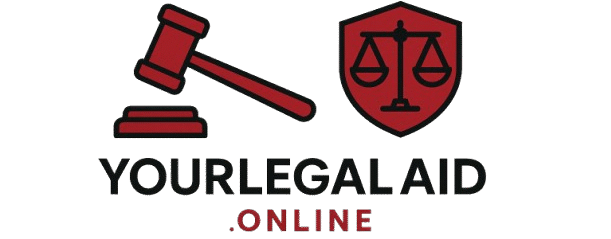Citation:
1975 Supp SCC 1 | AIR 1975 SC 2299
Bench Strength:
5 Judges (Constitution Bench)
Date of Judgment:
November 7, 1975
🧭 Background and Context
This case sits at the very heart of India’s democratic and constitutional crisis in the 1970s.
In the 1971 general elections, Indira Gandhi, then Prime Minister of India, contested and won from the Rae Bareli constituency in Uttar Pradesh. Her rival, Raj Narain, a socialist leader, challenged the election on the grounds of electoral malpractices, alleging that:
- Government machinery was misused.
- State resources were diverted for campaign purposes.
- Officials were improperly employed to further her election.
On June 12, 1975, the Allahabad High Court found Indira Gandhi guilty of corrupt practices under the Representation of People Act and declared her election void, disqualifying her from holding office for six years.
Just two weeks later, Indira Gandhi declared a National Emergency on June 25, 1975. Simultaneously, the 39th Constitutional Amendment Act (1975) was passed, inserting Article 329A, which retrospectively validated her election and barred courts from hearing election petitions against the Prime Minister, President, Vice-President, and Speaker.
⚖️ Key Legal Issues
- Was Article 329A (inserted by the 39th Amendment) unconstitutional?
- Did the amendment violate the Basic Structure of the Constitution, particularly democracy, free and fair elections, and judicial review?
- Can Parliament pass a constitutional amendment to override a specific court judgment?
🧑⚖️ Arguments from Both Sides
Petitioner (Raj Narain):
- Argued that Article 329A was designed solely to protect one individual (Indira Gandhi) and thus violated the principles of equality and democratic accountability.
- Claimed the amendment stripped the judiciary of its power to adjudicate free and fair elections—a basic tenet of democracy.
Respondent (Indira Gandhi/Government):
- Argued that Parliament has absolute power to amend the Constitution.
- Defended the amendment as necessary in the national interest to maintain political stability.
🧾 The Verdict
The Supreme Court unanimously struck down Article 329A(4) of the Constitution.
Key Findings:
- Violation of the Basic Structure:
The amendment damaged democracy and the rule of law, both of which are part of the Basic Structure of the Constitution. - Judicial Review Cannot Be Taken Away:
The Court held that election disputes must remain subject to judicial scrutiny. Removing this check undermines free and fair elections. - Parliament Cannot Use Its Amending Power for Personal or Retrospective Gain:
Making a law to overrule a court judgment affecting one person violates the principles of equality, separation of powers, and democracy. - Free and Fair Elections Are a Basic Feature of Democracy:
The Court asserted that elections are the cornerstone of democratic legitimacy, and laws affecting them must meet the highest standards of fairness and objectivity.
🧱 Basic Structure Elements Reaffirmed
- Free and fair elections
- Judicial review
- Equality before law
- Rule of law
- Separation of powers
- Democracy
📜 Impact and Legacy
- Landmark affirmation of the Basic Structure Doctrine: This case reinforced the precedent set by Kesavananda Bharati and showed that even constitutional amendments can be struck down if they breach core constitutional principles.
- A blow to Emergency-era excesses: Though it came during the Emergency, the judgment served as a powerful reminder of the judiciary’s role as a constitutional guardian.
- Prevented misuse of constitutional power for political purposes, especially retroactive laws targeting individual legal outcomes.
🧠 Trivia and Facts
- The judgment was delivered by a bench including Justice H.R. Khanna, known for his courage and commitment to civil liberties.
- Ironically, even though the judgment struck down the amendment, Indira Gandhi had already nullified the High Court verdict through Emergency powers.
- The 39th Amendment is often cited as an example of how unchecked political power can threaten constitutional order.
🧭 Conclusion
Indira Nehru Gandhi v. Raj Narain is not just a legal case—it was a battle for India’s democratic soul. By holding that even the highest offices are subject to law, the Supreme Court reaffirmed that no one is above the Constitution. It stands as a monumental judgment upholding the integrity of elections, judicial independence, and the sanctity of the constitutional framework.
